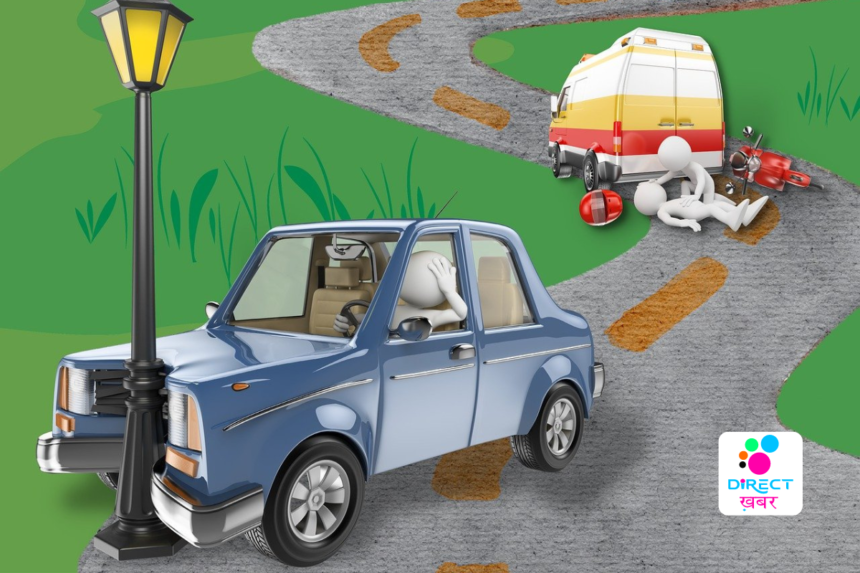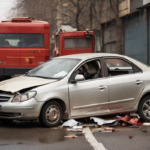Inside the World of Emergency Responders: Managing Tragic Road Accidents
Tragic road accidents are distressing events that demand swift and effective response from emergency personnel. This article explores the behind-the-scenes efforts of responders who work tirelessly to manage such incidents.
Once the immediate threats have been addressed and victims stabilized, the focus shifts to transporting them to appropriate medical facilities for further treatment. This is where the coordination between emergency services and healthcare providers becomes crucial, ensuring that patients receive the care they need as quickly as possible.
But the work of emergency responders doesn’t end once the victims have been transported. They must also contend with the aftermath of the accident, which may include investigating the cause, clearing the scene, and providing support to those affected. This can be emotionally taxing, as responders often witness firsthand the devastating impact of road accidents on individuals and families.
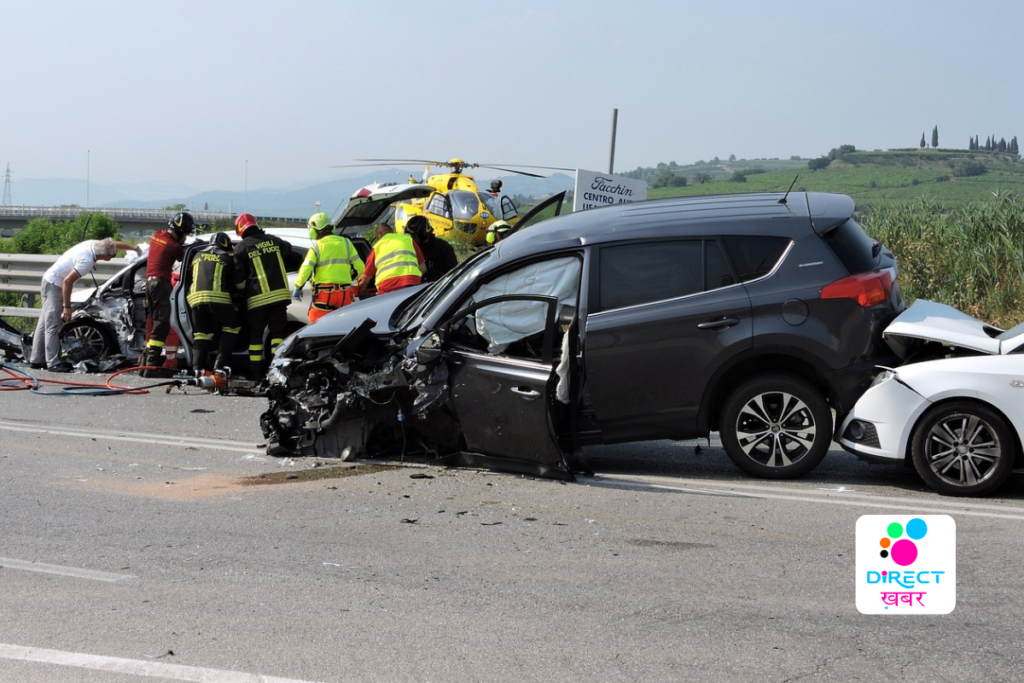
Understanding the Dynamics of Road Accidents:
Road accidents can vary widely in nature, from minor collisions to catastrophic crashes involving multiple vehicles. Factors contributing to these incidents include human error, vehicle malfunctions, adverse weather conditions, and road infrastructure deficiencies.
The Role of Emergency Responders:
Emergency responders play a crucial role in mitigating the impact of road accidents. This includes paramedics, firefighters, law enforcement officers, and towing services. Each responder group brings specialized skills and equipment to the scene.
Preparedness and Training:
Responders undergo rigorous training to prepare for the challenges of road accident response. This training covers first aid, vehicle extrication techniques, fire suppression, crowd control, and communication protocols. Regular drills and simulations help responders maintain readiness for real-life scenarios.
Coordination and Communication:
Effective coordination among different responder agencies is essential for a smooth response to road accidents. Communication channels such as radio systems and mobile apps facilitate real-time information exchange. Incident command structures ensure clear roles and responsibilities are assigned to each responder unit.
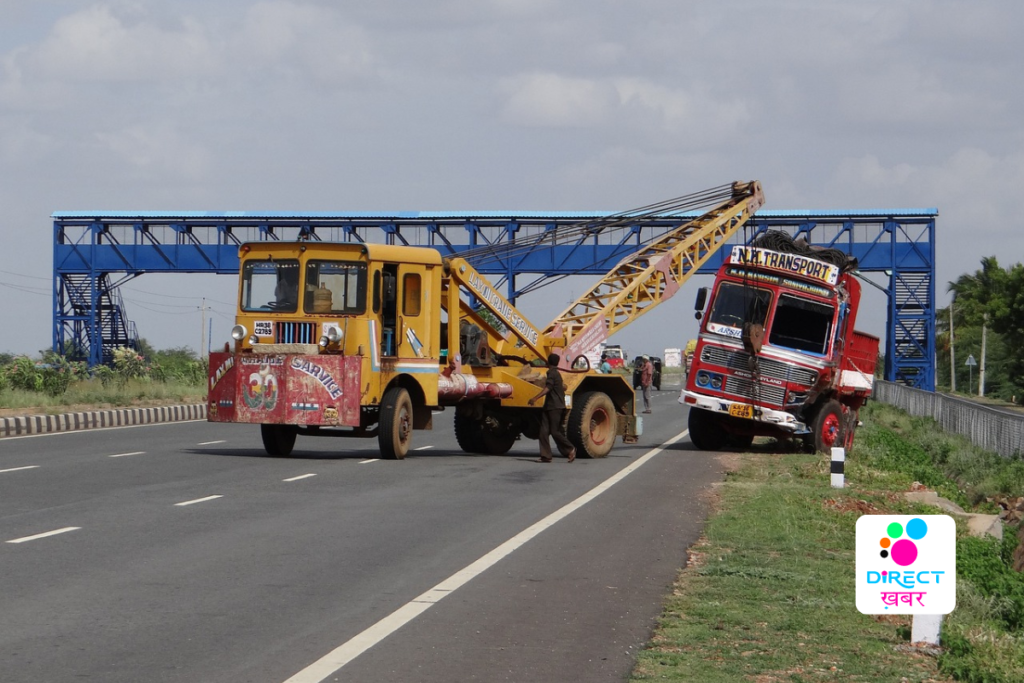
Arrival and Initial Assessment:
Upon arrival at the accident scene, responders conduct a rapid assessment to determine the severity of injuries and the extent of vehicle damage. They prioritize medical treatment for critically injured individuals while ensuring scene safety for themselves and bystanders.
Extrication and Rescue:
In cases where individuals are trapped inside vehicles, responders employ specialized tools such as hydraulic cutters and spreaders to perform extrication. This process requires precision and coordination to safely remove victims from wreckage without causing further harm.
Medical Care and Triage:
Paramedics provide on-site medical care to accident victims, stabilizing their conditions before transport to hospitals. Triage protocols help prioritize treatment based on the severity of injuries, ensuring that critical patients receive prompt attention.
Fire Suppression and Hazard Mitigation:
If the accident involves fires or hazardous materials, firefighters work to extinguish flames and prevent further escalation of danger. They also assess environmental hazards such as fuel spills and deploy containment measures to minimize environmental impact.
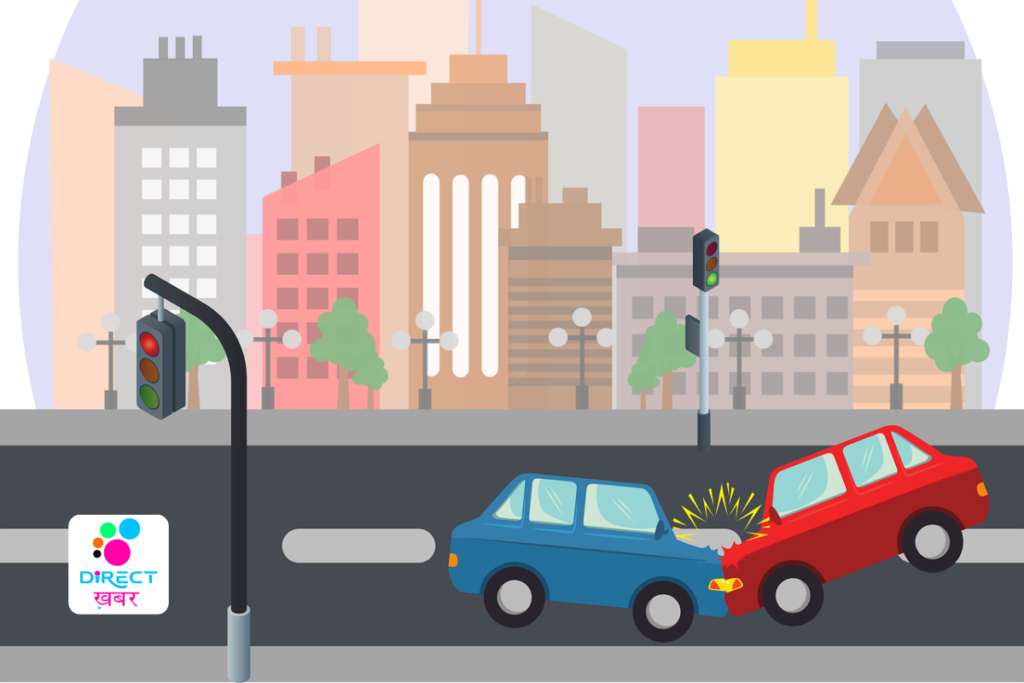
Investigation and Documentation:
Law enforcement officers conduct thorough investigations to determine the causes of road accidents. This includes gathering witness statements, analyzing skid marks, and documenting vehicle damage. The findings help establish liability and inform efforts to prevent future accidents.
Support Services for Victims and Families:
Responders provide emotional support and practical assistance to accident victims and their families. This may involve arranging transportation, connecting them with social services, or offering counseling referrals. Victim advocacy organizations play a vital role in advocating for the rights of those affected by accidents.
Post-Incident Debriefing and Review:
After the immediate response is complete, responders participate in debriefing sessions to reflect on the handling of the incident. These sessions allow for feedback, identify areas for improvement, and address any emotional stress experienced by responders.
Emergency responders are the unsung heroes who work tirelessly behind the scenes to manage tragic road accidents. Through their preparedness, coordination, and dedication, they save lives and alleviate suffering in the face of adversity. Recognizing their invaluable contributions is essential in promoting safer roadways and supporting those affected by accidents.
